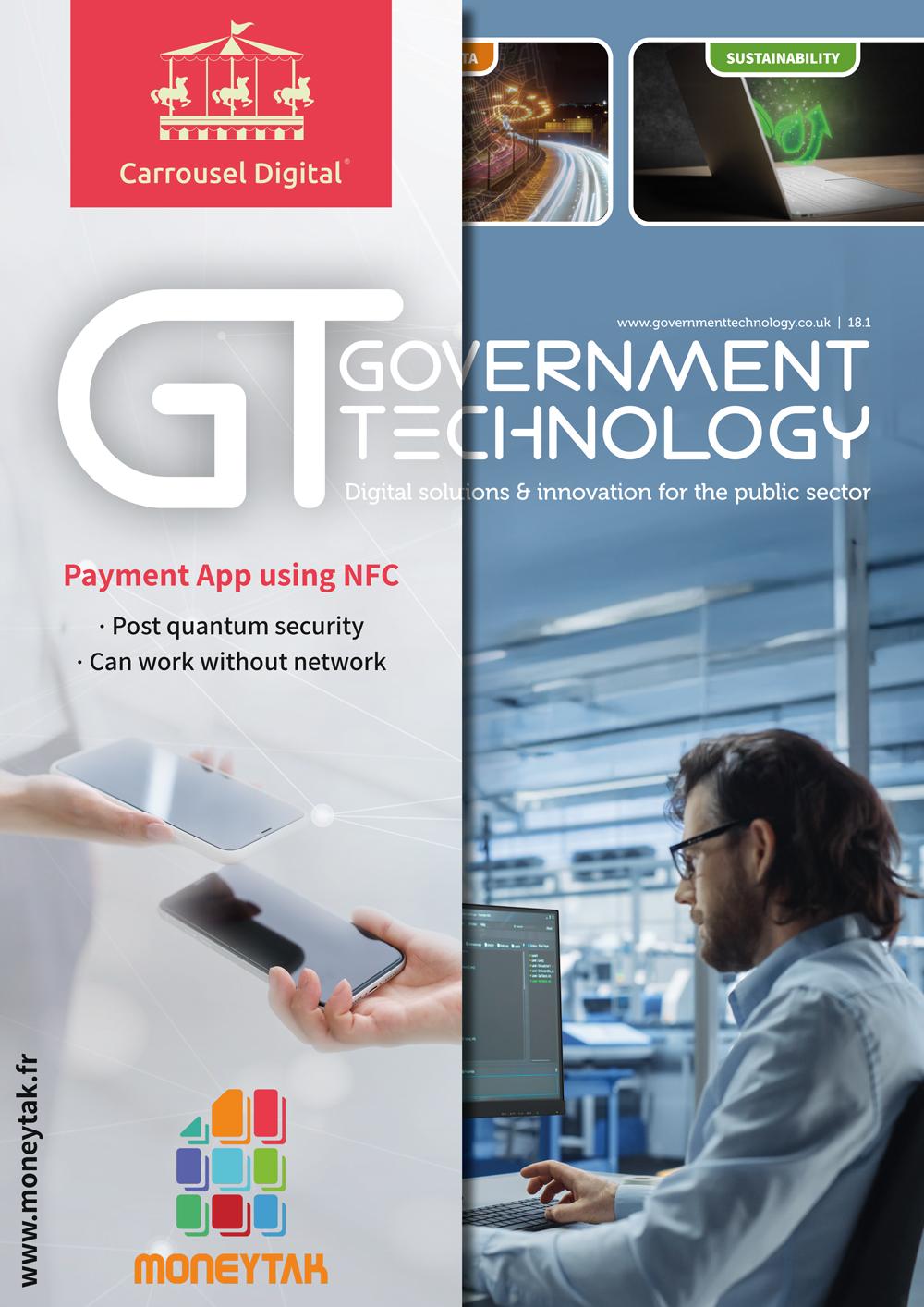The Data (Use and Access) Bill has become law, promising to boost public sector efficiency.
By cutting NHS and police bureaucracy, speeding up roadworks, and turbocharging innovation in tech and science, the new data regime is set to pump £10 billion into the British economy over the next decade.
The Act will ensure that healthcare information, like a patient’s pre-existing conditions, appointments and tests, can easily be accessed in real time across all NHS trusts, GP surgeries and ambulance services, no matter what IT system they are using. It is expected that enabling data sharing across platforms will save NHS staff 140,000 hours a year in admin, giving them more time to care for patients and make better informed decisions for them more quickly.
Measures in the Act will also boost the development of technology such as price comparison apps that can provide hyper personalised experiences to people so they can save money and time with bills and food shops.
It will also broaden the access that third parties, like energy suppliers, have to consumer data. Consumers will be able to share data on their energy usage which will help create more accurate price comparisons, informing what utility provider best suits their needs. In turn, this will give consumers the ability to compare utility prices, find better deals, and reduce their energy use, as well as foster tech innovation and boost competition, which will ultimately grow the UK economy.
Technology Secretary Peter Kyle said: "For too long, previous governments have been sitting on a goldmine of data, wasting a powerful resource which can be used to help families juggle food costs, slash tedious life admin, and make our NHS and police work smarter.
"These new laws will finally unleash that power for hardworking people – putting cash back in pockets and boosting vital public services, all part of our Plan for Change."
The new data regime will create a National Underground Asset Register, a map of the country’s underground pipes and cables, which will allow construction workers to instantly see their exact location. This information currently takes 6 days to access. This change will help workers make more informed decisions on how to carry out works safely and efficiently, and therefore speed up roadworks and reduce delays.
New legislation and tools on digital verification will help people to prove their identity online more easily, to simplify important tasks like renting a flat or starting a new job.
Secretary of State for Health and Social Care, Wes Streeting, said: "This is a game-changing moment for UK healthcare.
"No longer will patients be left waiting needlessly for treatment as NHS staff battle “computer says no” bureaucracy.
"We’re making it easier for GPs, nurses, and paramedics to access the information they need, when they need it, safely, securely and at speed.
"Only by challenging the status quo and cutting through red tape can we truly deliver our Plan for Change and an NHS Fit for the Future."


